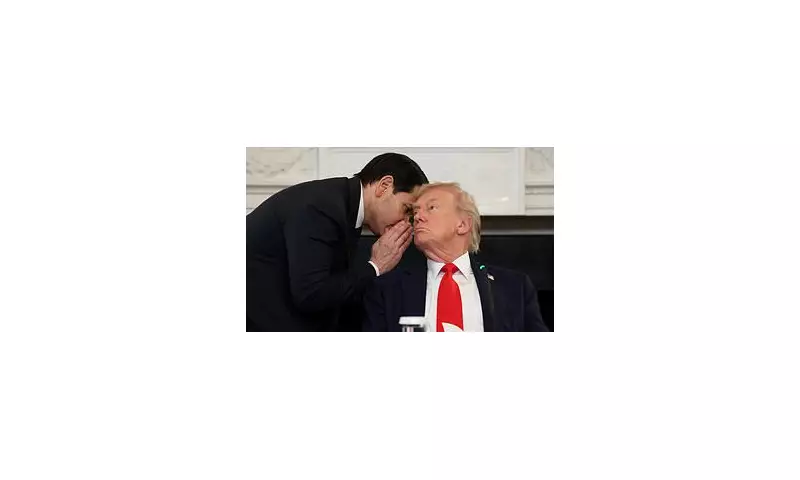
In a dramatic revelation that could reshape Middle Eastern diplomacy, details of Donald Trump's proposed peace plan for Gaza have surfaced, outlining a radical approach to resolving the ongoing conflict between Israel and Hamas.
The Core Framework
The former US president's strategy centres on establishing a provisional Palestinian government while maintaining Israeli security control over the territory. This controversial approach would see Israel retaining authority over border security and counter-terrorism operations, even as Palestinian administrative bodies take over civilian governance.
Regional Power Cooperation
Perhaps the most striking element of Trump's proposal involves unprecedented cooperation from Arab nations. The plan calls for neighbouring countries including Egypt, Saudi Arabia, and the United Arab Emirates to play significant roles in Gaza's reconstruction and security apparatus.
Key components include:
- Egyptian involvement in border management and reconstruction efforts
- Saudi financial backing for rebuilding critical infrastructure
- Emirati support for developing governance institutions
- Joint Arab-Israeli security coordination mechanisms
Political Transformation
The proposal demands substantial reforms within Palestinian political structures, specifically targeting the Palestinian Authority. Trump's plan insists on removing current leaders and implementing comprehensive changes to ensure what he describes as "more responsible and peaceful governance."
Strategic Implications
This plan represents a significant departure from traditional peace process approaches, emphasising regional cooperation over unilateral international mediation. By involving multiple Arab states directly in the solution, Trump aims to create a broader coalition with vested interests in maintaining stability.
The emergence of these details comes at a critical juncture in the conflict, as international pressure mounts for a sustainable post-war arrangement. However, the proposal faces substantial challenges, including likely resistance from Palestinian factions and questions about its practical implementation.
As the 2024 presidential election approaches, this plan positions Trump as maintaining an active role in international diplomacy, potentially influencing both American foreign policy debates and ongoing negotiations in the Middle East.






